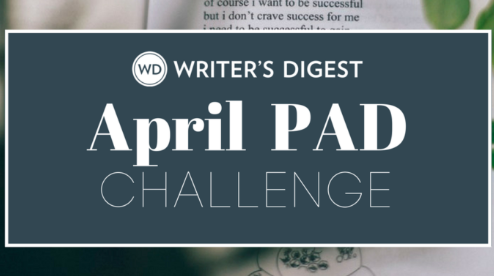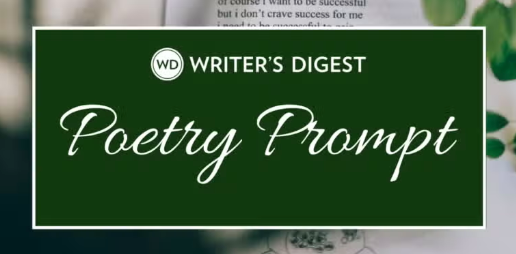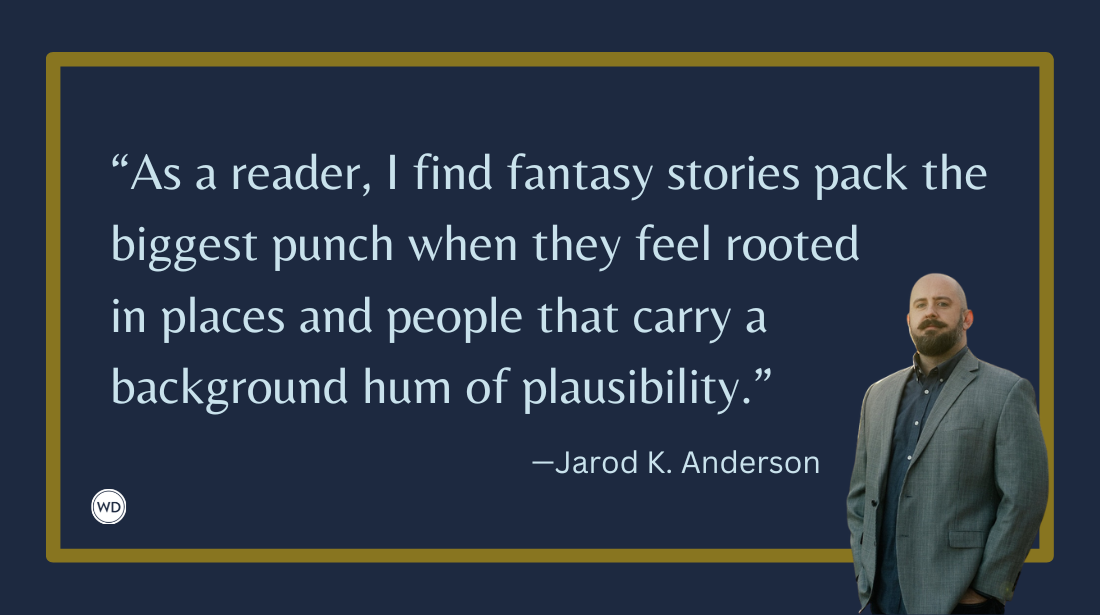Harpsichords and Poetry Prizes: One Writing Life Begins
Author Eleanor Lerman discusses a literary feud, the feminist movement, what drives writers (and poets), and more.
In 1973, when I was 21, I found myself at the center of what has become a somewhat famous literary feud. Armed Love, my first collection of poems had just been published by Wesleyan University Press and was a finalist for the National Book Award. Three other women—Audre Lorde, Alice Walker, and Adrienne Rich, all of them either famous or on the cusp of becoming cultural touchstones—were also finalists. (There were, of course, a number of well-known male poets also nominated, including Donald Justice and Allen Ginsberg.)
Rich decided that if any of the four women were to win the award, she should both refuse and denounce it because it was a sham perpetrated by a patriarchal society that handed out token recognition to women as a way of keeping them in line. In successive phone calls, Lorde, Walker, and Rich all told me this, just in case it was something I didn’t understand.
My reply to each of them was that I would not participate in their—to me—ridiculous protest. To explain why I felt that way, I have to explain something about the kind of cultural moment we were all living in. It was the early days of the women’s movement, which I was well aware of, but I didn’t feel that I needed to be told how to take charge of my life—I was way beyond that step. I had left home when I was 18 to take a job managing a workshop in Greenwich Village that made parts for harpsichord kits. One of the things we had to do was unload trucks that delivered 130 lb. harpsichord cases to us—us being four young women who made the kit parts and unloaded the trucks. We were all living on our own, all supporting ourselves, and one of us was also a single mother raising two young children.
As it happens, our neighbor was a woman I’ll call Allie, who was the daughter of a famous journalist and the wife of a film producer. She lived in a beautiful old carriage house on the other side of a small garden behind the harpsichord workshop and had the kind of wealth and privilege that would have been a dream to us. She was also writing for the Village Voice, so she had become an important spokesperson for the women’s movement. All fine—except that she had decided the four of us were her pet project and she was going to teach us about how we were being exploited by the patriarchal society.
It happens that to get her mail she had to walk through the workshop, so every day she would hand us literature about the women’s movement, make speeches about it, and generally drive us crazy because she didn’t seem to be able to grasp the idea that we were the women’s movement. We were working and being paid much too little, we were raising children, we were designing our own lives and making our own decisions about those lives. Eventually, I had it out with her and told her to leave us alone, which she finally did.
And so, when Rich, Lorde, and Walker came preaching to me about being exploited, I had no patience for this kind of rhetoric. In separate phone calls, I told each of them that they were the kind of people who were exploiting me—women with expensive educations, well-paid jobs in academia, women who didn’t have to get up early in the morning to do manual labor and save their pennies in order to have enough money to pay their bills and buy groceries as I did, while they wrote about women like me as if they shared my struggles. (Eventually, I came to realize that I wasn’t being fair to them—their lives weren’t easy and they weren’t exactly rolling in money, but I was too young to see anything but the black-and-white of my situation as compared to theirs.) My problem, I said, wasn’t men—it was the fact that poets don’t make any money and if I won the award, I would certainly take the $1,000 prize (it’s a lot more now) and be happy to have it. In the end, Adrienne Rich won the prize for her book, Diving into the Wreck, and accepted it in the name of the feminist cause.
I may have been unkind in the way I handled the situation but the crux of my argument still stands—poets cannot support themselves through their work. In general, few writers across all genres can live off their earnings: Most surveys show that only 10 percent of writers (if it’s even that much) earn enough money to support themselves. Poets, in particular, have an almost impossible task because they are working in a genre that is not exactly popular. And, if a poet manages to get a book published, it is likely to cost them money because their publisher will probably be a small, independent press that will ask them to at least buy a certain number of their own books while they have to hire their own publicist, pay for printing Advance Reader Copies, and foot the bill for entering book contests, buying advertising, and coming up with the money for all the other expenses that go along with establishing and maintaining a career such as travel to do readings and attend book fairs.
So why write poetry? In that regard, why write novels or short stories? Why write anything at all? For the same reason painters paint, actors act, dancers dance—why any artist pursues their craft: because they want to. Because they have to. Because, when it comes down to it, the only reason to create art is to do it for yourself. To be specific, if you’re a writer, you have to be committed to the idea that you’re going to spend a lot of time alone in a room, late at night or early in the morning, or on a bus or subway on the way to work, or anywhere else you can find a few minutes, and write because it pleases you. Because you love it. Because it’s the conversation you’re going to be carrying on with yourself for your whole life long. Because you understand that it’s going to be your greatest love and deepest heartbreak. Because even if all you ever get published is a story or a poem here and there, that’s going to have to be enough, and anything more than that will be a triumph.
I’ve been writing for over 50 years now—novels, collections of short stories, and yes, collections of poetry. Back in the harpsichord days, I was of the belief that somehow, someday, my work would provide me with the kind of life that would allow me to stay at home all day and write the books that would help me as achieve recognition as an Important American Writer. Well, that never happened.
I spent most of my working life as an editor, which I enjoyed, and I consider myself lucky to have found a career that depended on being able to help journalists and other writers clarify and strengthen their work. My own writing life is still full of disappointments. I still get lots of rejections, I sometimes spend months writing something that I eventually realize isn’t as good as I would like, and so put it aside. At last count I’ve published 16 books in several genres, along with dozens of stories, poems, and essays that have appeared in literary journals and I’ve still never made a living wage from all that work.
Being a writer—especially being a poet—is a hard and lonely road to travel, but I don’t think I had any choice. My mother died when I was 13 but before she got sick, she bought me a typewriter, which still sits on my desk today. It’s a little gray manual with a worn-out ribbon and every day, when I see that typewriter as I sit down to work, I think about how she must have known who I was even before I did. The fact that the ribbon is so worn out makes me realize that I must have been typing away when I was very young and I hope that wherever my mother is, she can hear the click-clack of the keys on the laptop I use now. If she can, then that’s better than any money I ever could have earned.
Still, I’d like to win the National Book Award someday, and if I do, I’ll keep the money. Wouldn’t you?
Check out Eleanor Lerman's Oleander Marriage here:
(WD uses affiliate links)






